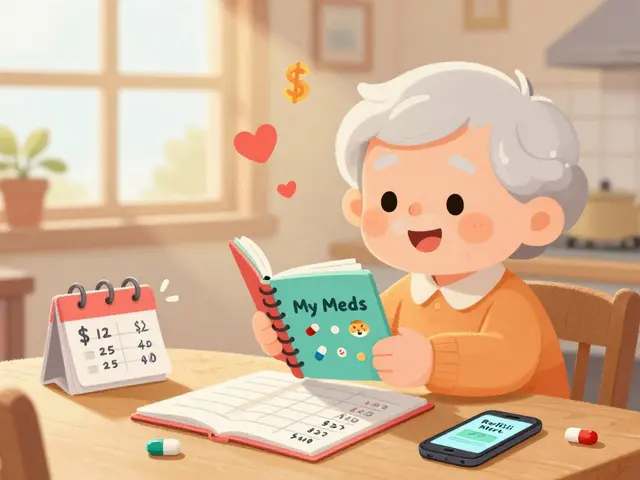Prescription Medication: how to use them safely and where to get reliable info
Prescription drugs can help a lot — but only when they’re used the right way. On this tag page you’ll find clear, practical articles about common drugs, alternatives when one medicine doesn’t work, and how to buy safely online. I’ll show you how to read drug info, spot shady pharmacies, and ask the right questions to your clinician.
Start by knowing the basics for any prescription: the exact dose, how often to take it, possible side effects, and what to do if you miss a dose. Every article here gives those essentials in plain language so you don’t have to hunt through leaflets. If you’re switching meds or trying an alternative, check interaction risks and timing — small changes can matter.
Buying meds online without the stress
Want to order medicine online? First, make sure the site asks for a prescription when it should. Legit pharmacies will verify your prescription and show a physical address and license info. Look for reviews outside the site, clear contact details, and secure checkout (https and card protections). If prices look absurdly low or the store promises controlled drugs without a script, walk away.
When choosing an online pharmacy, compare shipping times, return policies, and packaging. For temperature-sensitive drugs, confirm cold-chain shipping. Keep records of your orders and save receipts. If something arrives damaged or the pill looks off, stop taking it and contact your prescriber immediately.
Finding the right alternative and avoiding guesswork
If a drug causes side effects or doesn’t work, many alternatives exist. Articles under this tag compare real options: for example, statin alternatives, different antibiotics, or other birth control choices. Don’t swap meds on your own. Use these guides to prepare questions for your doctor or pharmacist — like expected benefits, side effects to watch, and cost differences.
Also remember non-drug options where they fit: diet changes, supplements, or therapy can sometimes reduce medication need. Our posts on gut-friendly diets, herbs, and supplements explain where evidence exists and where it’s thin. Check sources and think practically — if a supplement interacts with your prescription, it’s not harmless.
Finally, keep a personal medication list: drug name, dose, reason, prescribing doctor, and pharmacy. Share this list at every medical visit. If you travel, carry enough medicine and a copy of your prescription. Small steps like these cut risk and make treatment easier.
Browse the articles tagged “Prescription Medication” to read specific guides — from buying esomeprazole or Levlen to alternatives for common drugs. If you’re unsure about anything, ask your clinician. Good info plus common sense keeps you safer and healthier.




